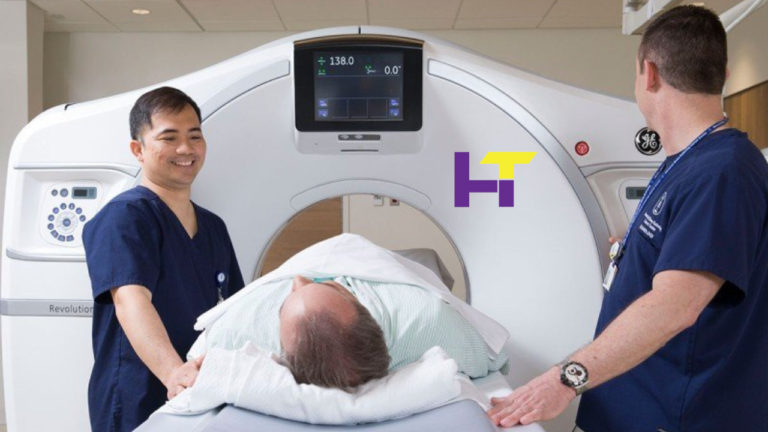Polycystic Ovary Syndrome

All you need to know about PCOS
PCOS, popularly known as polycystic ovary syndrome, is a common hormonal issue affecting childbearing-age women who have not yet reached menopause. Strange as it may sound, PCOS, despite being very common, is less understood and often forgotten. Usually present with diverse symptoms, including irregular periods, high androgens, and PCOS cysts on the ovaries, PCOS can have broad and significant ramifications on a woman’s health and lifestyle. This comprehensive guide will discuss every angle of PCOS, from its underlying causes and symptoms to the diagnostic processes, treatment options, and lifestyle modifications that are usually required.
What is PCOS?
PCOS is a moderately complex disorder with many manifestation ways of both symptoms and sources. In every specific case, the disease has its own feature set. The exact cause of PCOS has yet to be established scientifically but involves a complex mixture of both genetic and environmental factors. There is usually insulin resistance and an accompanying altered hormonal balance, the characteristic being raised testosterone (male hormone) levels that are known to contribute to the formation of polycystic ovary syndrome (PCOS).
Symptoms of PCOS:
The symptoms of PCOS can vary widely and may include:
- Irregular periods or no periods at all
- Excessive hair growth (hirsutism) on the face, chest, back, or buttocks
- Acne
- Weight gain or difficulty losing weight
- Thinning hair or hair loss from the scalp
- Darkening of the skin, especially along neck creases, in the groin, and underneath breasts
- Pelvic pain
- Difficulty getting pregnant
You can refer to your best gynecologist in Lahore if you face such symptoms.
Diagnosis:
The specifics of this disease remain rather complex, and the diagnosis is not a simple task. Healthcare professionals face daily tasks requiring medical history, physical examination, and laboratory tests to get a diagnosis. The patient has a hormone level assessment with a blood test and ultrasound to visualize ovaries, and ruling out other conditions with similar symptoms might be the most common diagnostic measures.
Treatment Options:
Unfortunately, there is no established way to achieve a permanent cure for polycystic ovary syndrome; however, multiple indications to diminish its symptoms and avoid secondary health issues are available.
Treatment strategies are personalized to the particular patient, matching various symptoms, health objectives, and the level of wish for fertility.
- Medications: The drugs most likely to be prescribed for control of menstrual cycles, steroids for androgen reduction, as well as insulin-based drugs for insulin sensitivity improvement, include hormonal birth control pills, anti-androgen medications, and insulin-sensitizing drugs respectively.
- Fertility Treatments: IVF is one of the reproductive technologies that may be used which is an assisted reproductive technology. It could be accompanied by drugs such as Clomiphene for women trying to have kids.
- Management of Specific Symptoms: Wrong-handing treatments for hirsutism, hair loss, and acne are among the things that can take care of individual symptoms.
Lifestyle Management:
Along with medical care, lifestyle modifications such as exercising and maintaining a healthy diet can help women with PCOS live healthily.
- Balanced Diet: Emphasize these foods as your staples, like fruits, veggies, protein sources, fermented foods, and whole grains. Cut out highly processed foods, snacks, and refined carbohydrates as much as possible.
- Regular Exercise: Get involved in regular physical activities like walking, dancing, or swimming to keep your weight within your fitness zone, improve insulin sensitivity, and eliminate stress.
- Stress Management: Try practicing mindfulness meditation, deep breathing exercises, or yoga that makes you happy and you can use them to relax.
- Regular Monitoring: Monitor and report to health or doctors on the irregularities in menstrual cycles, symptoms, and any changes in health. The needs of the patient may be well understood by the physicians and the treatment plans changed accordingly.
Conclusion:
Polycystic Ovaries Syndrome (PCOS) is the third most common hormonal ailment among women all over the globe. Despite multiple obstacles, with a correct diagnosis, detailed treatment, and adequate lifestyle change women with PCOS can live happily and achieve their health and fertility objectives. Let us bring the light of knowledge through raising awareness, education, and giving support groups that would trigger a healthier outlook and improved care for those with PCOS. Moreover, affected individuals can get help by consulting the best gynecologist in Rawalpindi.
Read More: The Core of Comfort: Enhancing Life Through Centre Orthopédique.






